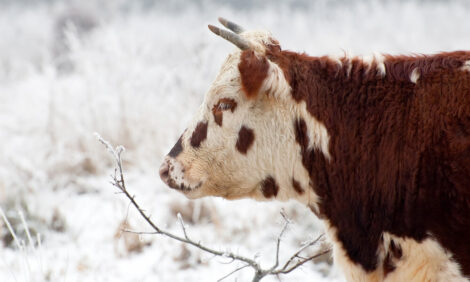



Emerging Economic Shadow of COOL Legislation
US - As the recent Country of Origin Labelling legislation descends into legal battles, the financial effect that this move has had begins to take shape.According to a recent report by Truth About Trade and Technology, one thing to keep in mind when looking at the data is not just the date when MCOOL went into effect (September 30) but also the provision in the last farm bill that all cattle imported in the US before July 15 would be considered of US origin while those imported after that date would be considered of foreign origin, thus impacting the terms with which they were sold to packing plants.
Truth About Trade and Technology says that this ‘grandfather clause’ naturally had the most impact on feeder cattle imports, since by the time those animals came out of feedlots they would be considered of non-US origin and be treated as such by packing plants.
According to the United States Department of Agriculture data published through the end of 2008, cattle imports from Canada and Mexico were sharply lower in the second half of the year. For the period July 14 - Dec. 27, total US imports of Canadian feeder cattle were 187,866 head, 113,468 head or 38 per cent lower than the same period the previous year. Imports of slaughter Canadian steers and heifers during the same period were 262,929 million head, 138,877 head or 35 per cent lower than a year ago.
TheCattleSite News Desk


